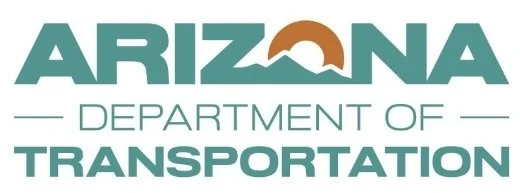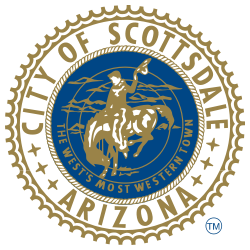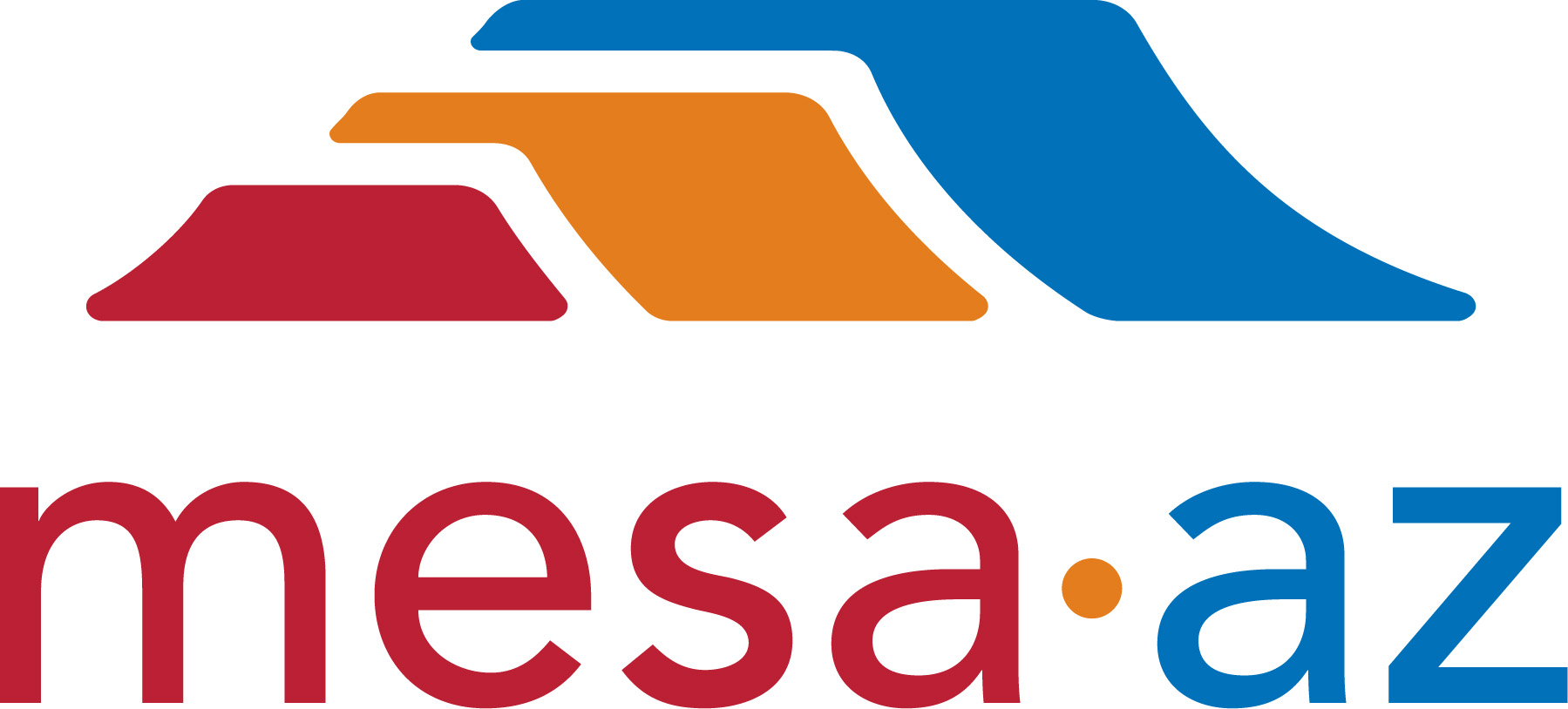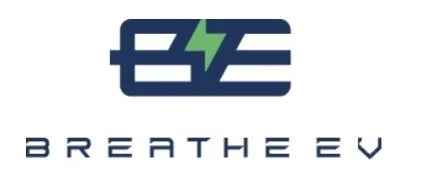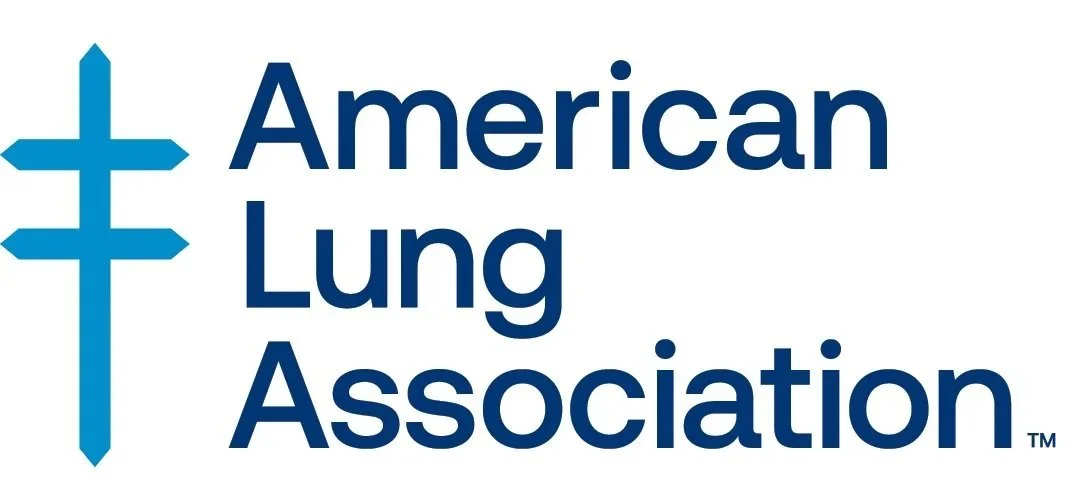In This Issue
Alt Fuel Highlight RNG
Upcoming Webinars
Member Spotlight: Arizona Public Service
Alt Fuel Highlight: Renewable Natural Gas
Natural Gas is one of the cleanest burning fuels available today for use in vehicles. Using Compressed Natural Gas (CNG) in heavy duty vehicles produces 27% less carbon dioxide emissions and emits 13-17% less greenhouse gases than diesel. (NGVAmerica) Natural gas traditionally comes from deposits underground, but it can also be made from renewable resources.
Renewable Natural Gas (RNG) is made by processing biogas that has been produced by the anaerobic decomposition of organic matter. This organic matter can be animal manure, landfill waste, solids from wastewater and food waste. RNG created from these sources is fully interchangeable with natural gas and can be used in place of CNG as a vehicle fuel and more.
RNG is considered carbon-neutral, or even carbon negative, because its production process can capture more greenhouse gases than it emits. Decaying matter from landfills, wastewater treatment plants and livestock manure can release large amounts of harmful methane into the atmosphere. By capturing and using the biogas produced by these sources, RNG operations can significantly lower these greenhouse gas emissions. Renewable natural gas is a source of energy and fuel that is being explored by many as the country works towards a carbon neutral future.
You can learn more about one of the companies taking advantage of the benefits of RNG and CNG in a recently published case study on Ozinga by Argonne National Laboratory. Ozinga is a bulk materials and concrete solutions business that has transitioned its fleet of heavy duty vehicles to CNG and RNG. According to the case study Ozinga’s fleet of around 350 CNG and RNG powered heavy duty vehicles displace about 800,000 gallons of diesel fuel annually. This results in a reduction of approximately 11,000 tons of harmful carbon emissions!
Ozinga’s other business unit, Ozinga Energy, also develops, delivers and sells CNG, RNG and EV solutions to other fleets. Ozinga Energy has operations here in Arizona where it transports manure from several farms to a central digester, which produces carbon-negative RNG. It also transports the milk produced at those dairy farms to a nearby processing plant all using RNG powered vehicles. Read the case study below.
Upcoming Webinars
Sustainable Cities Network Electric Vehicle Working Group
Leveraging Energy to Communities (E2C) Technical Assistance and Tools to Support Fleet Electrification Planning
Tuesday, August 5, 2025
1:00 PM - 2:00 PM MST | Via Zoom
Join ASU Sustainable Cities Network’s EV Working Group for presentations by the National Renewable Energy Laboratory (NREL) and the World Resources Institute (WRI), where they will showcase the Energy to Communities (E2C) Technical Assistance Program and discuss how communities can leverage E2C and related tools to plan for fleet electrification.
Lauren Reichelt, Project Leader at NREL, will highlight how E2C has supported municipal fleets through peer learning and one-on-one assistance. She will also outline opportunities for fleets to request future technical assistance through E2C. The Energy to Communities (E2C) program, sponsored by the U.S. Department of Energy (DOE), addresses immediate energy challenges and fosters in-depth technical partnerships to help communities build abundant, reliable, affordable, and secure energy systems.
Lacey Shaver, Director of U.S. City Clean Energy Transition at WRI, will share real-world insights and practical tools from the E2C Peer Learning Cohort on Planning for Municipal Fleet Electrification, where local governments collaborated to navigate the shift to electric municipal fleets. Cities and towns across the country are making the switch to electric vehicles—and your community can, too!
SRP Coffee Connection
SRP Fleet Electrification Support
Tuesday August 5, 2025
11:30 AM
Join SRP on Tuesday, August 5 at 11:30 a.m. MST for an educational webinar on SRP’s suite of fleet electrification support offerings. SRP’s Electrification team will present an overview of their no-cost, full-service fleet vehicle and infrastructure assessments and preview the soon to launch SRP self-service online fleet assessment tool, provided by ZappyRide. ZappyRide expert, Ryan Prazen will guide you through the benefits of data-driven insights to navigate the evolving landscape of electric vehicles. SRP will also be covering EV charger and prewire rebates and a Q&A session.
Arizona Public Service provides electricity to 1.3 million customers across Arizona. The utility is committed to providing affordable and reliable energy to its customers while also doing their part to advance the use of clean energy. APS has set a goal of providing 100% clean carbon-free energy to its customers by the year 2050. They are well on their way to achieving this goal as they already provide 51% clean energy to users in their region. The company is also helping its customers adopt clean energy by providing support and incentives for EV’s and energy efficient upgrades and practices. Learn more about APS and its commitment to clean energy, community and sustainability by visiting their website.
VSCCC strives to provide alternative fuel information to all people within our region. In order to increase our outreach abilities we are working with local agencies to share our newsletter and clean fuel resources with an even greater audience. We are proud to partner with the Inter-Tribal Council of Arizona's Air Quality Department, ASU's Sustainable Cities Network and Maricopa County Air Quality Department.






